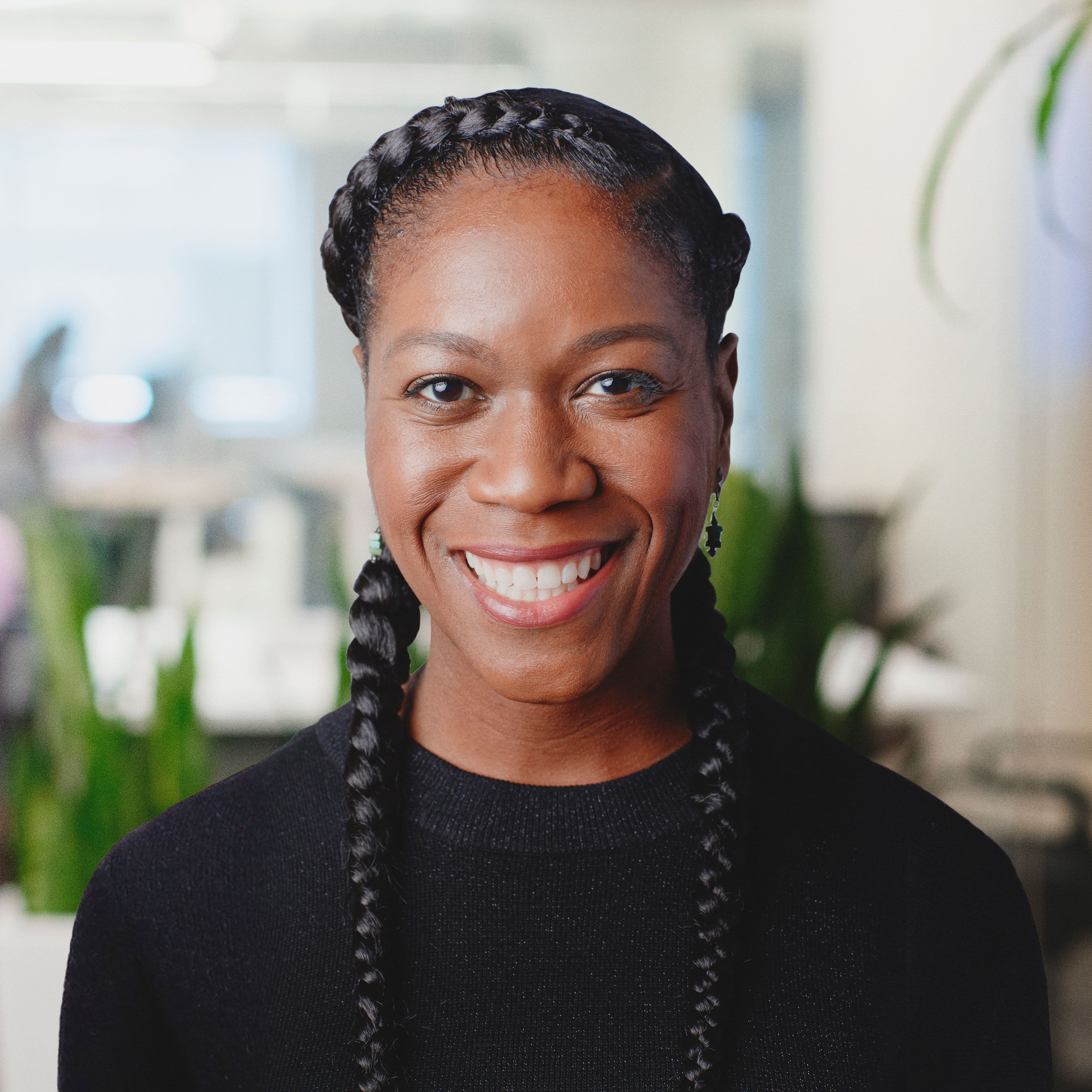
Over the past few years, companies made it their mission to commit to diversifying their boards and fostering a more inclusive culture. But, with women holding just 24% of senior leadership positions globally, and white people making up almost 80% of the American workforce, there is still work to be done.
That’s why Lybra Clemons, chief diversity, inclusion and belonging officer at Twilio, works to build diverse representation at every level. With over 10 years of experience in the DE&I space, Clemons has successfully developed and managed diversity engagement and recruitment for several Fortune 500 companies, like Paypal, Morgan Stanley, and American Express. Currently, 3 out 4 workers prefer employment at diverse companies, and Clemons aims to create strategic plans to ensure Twilio hires, engages and retains women and multicultural talent.
Since joining Twilio in 2020, Clemons has helped start several racial justice and equity initiatives, including a leadership development program, career planning for Black and Latinx “Twilions,” and a software engineering apprenticeship. Her inclusive recruitment strategies have contributed to their workforce being 38.7% women and almost 40% POC, according to their 2020 DEI report.
This success, as well as Clemons’ acclaim for the company, is owed to Twilio’s commitment to becoming “anti-racist.” According to Clemons, part of the difference between DE&I and anti-racism is self-awareness.
“Right before I joined, Twilio said, we’re on this journey to become anti-racist. And I think we were all like, what does that even mean,” she tells CNBC Make It.
“I think a lot of people thought it was just a more elevated term for diversity, equity inclusion. But as we’ve started to go through the process, we’re learning that anti-racism is different. DE&I are still very foundational and fundamental to work, but anti-racism is an active term where you are personally responsible. This is about self-awareness and taking full accountability of who you are. We are actively promoting equity and racial justice through consistent, deliberate decisions that we make.”
Despite her career success, Clemons says that being a Black woman in an executive role comes with its hardships. Workplace racism and sexism are issues Black women have faced historically in America. According to an August 2021 survey from the City University of NY, 68% of Black women said they have experienced microaggressions on the job. Additionally, 40% of survey respondents felt like Black women don’t have equal opportunity for advancement at work.
Clemons shares, as a Black woman, it’s “hard all the time” being in an executive position.
“There’s the mistrust, people discredit you… you have to be the ultimate subject matter expert,” she says. “And even when you are, people are still discrediting and doubting you. You have to work harder to gain that trust with your peer group. And so I find that I’ve had to use all kinds of tools and coaching to stay confident in who I am and know how to manage when people are constantly ripping away at you.”
The Spelman alumna attributes her unwavering confidence in herself and her capabilities to the community of Black women and students at the institution.
“At Spelman, I felt like I was unapologetically who I am. When you’re in a community with all kinds of Black women, you have the comfort of being who you are and feeling very justified in your presence. And I take that with me wherever I go. So that’s where I choose to land.”
For women who may be struggling with confidence in the workplace, or feel like they have to compare their career journeys with some else’s, Clemons advice is to “just be in it.”
“At a young age, I was constantly comparing myself and my career journeys with everybody else’s. My whole purpose at a job was to move up and to get promoted, and it was so ridiculous,” she says.
“I remember someone telling me, this is not everybody’s journey. This is your journey, and purpose. At times, your purpose is to just be, and it’s okay to sit and take the lesson before moving on. And sometimes when you’re sitting, that’s when all the magic happens. Everyone thinks the magic happens when you move, but no. The magic happens when you’re in one place.”
Check out:
Biden pledged to nominate a Black woman to the Supreme Court—meet 5 who could be up for the job
For the first time, 30% of all S&P 500 board directors are women
Sign up now: Get smarter about your money and career with our weekly newsletter




